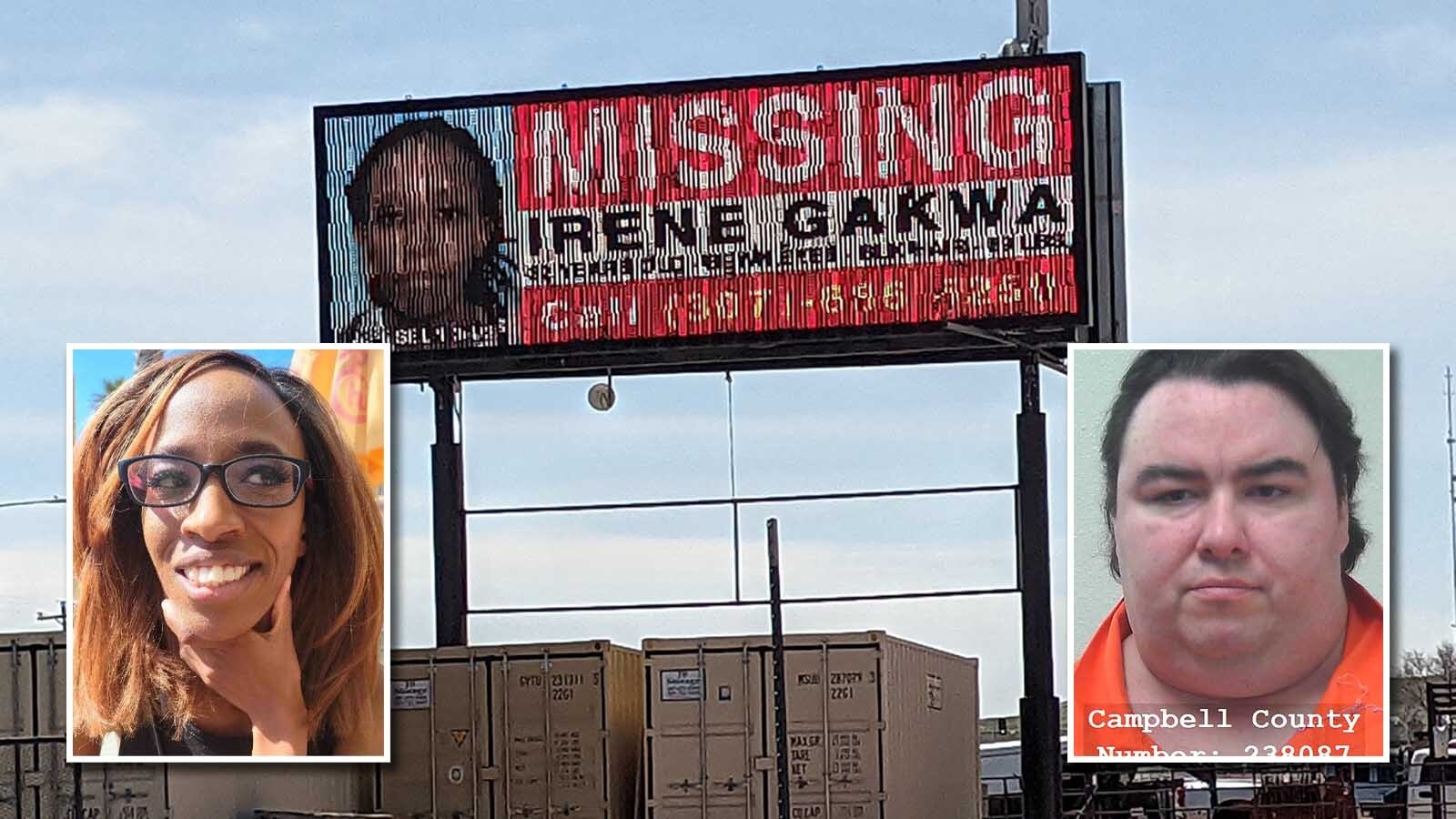An outgoing Republican Wyoming legislator is arguing in the U.S. Supreme Court against a Tennessee law banning sex-change treatments for children.
Rep. Dan Zwonitzer, R-Cheyenne, filed a Sept. 3 amicus brief along with numerous other Republican legislators, presidential aides and other top-ranking conservative officials calling Tennesse’s ban on child sex-change treatments unconstitutional and a violation of the nation’s long-held tradition of letting parents make major decisions on behalf of their kids.
The filing comes six months after Zwonitzer voted in favor of a Wyoming bill, Senate File 99, that basically does the same thing as Tennessee’s.
But speaking with Cowboy State Daily on Thursday and Friday, Zwonitzer indicated he wouldn’t characterize his Sept. 3 filing in L.W. vs. Skrmetti as in conflict with his March 6 “aye” vote on Wyoming’s child sex-change ban.
He fought to soften Wyoming’s ban with an amendment specifying that kids could still get counseling for gender dysphoria, and with another that would have winnowed the law down to a ban on surgeries alone, that would have left other kinds of treatment legal with parental consent.
Both amendments failed in the state House of Representatives during its March deliberation of the bill.
Ultimately, Zwonitzer voted in favor of SF 99 because he wanted to outlaw sex-change surgeries for minors, though he remained uncomfortable with the bill’s bans on puberty blockers and cross-sex hormones, he said.
He made a compromise decision on the floor, he added.
“Trying to get legislation through is about consensus, and even though I don’t think any of us got exactly what we wanted, having a policy like that in Wyoming was important overall — to make sure they don’t have surgeries,” he said. “But I think it’s still important to have gender-affirming care for minors who are struggling with this issue.”
Tennessee’s law, like Wyoming’s, bans every kind of treatment from puberty blockers to cross-sex hormones to surgeries for kids seeking to change genders.
The high court could overturn Tennessee's law in theory, but the federal government in this case is asking the court to conclude that the law violates the Equal Protection Clause of the 14th Amendment. Such a ruling would send the law back to the lower courts with a much higher test of scrutiny. That means the government would have to work much harder to prove that it was a necessary breach of a constitutional right.
If the high court overturned this law, the move would probably outlaw Wyoming's law as well.
Zwonitzer said he doesn’t necessarily seek to overturn the Tennessee law with his filing, but to tell the court that it runs afoul of parents’ right to the care, custody and control of their children, in his view.
“A lot of thought goes into making sure your child is going to have the best life possible,” said Zwonitzer. “Sometimes — no offense to the media — sometimes the media makes it sound like these are quick, flippant decisions that permanently affect children without a lot of thought by parents and doctors and therapists.”
But in the situations of which he’s aware, “multiple layers of diligence” have preceded a kid’s transition, he said.
What’s This Case
The case, L.W. vs. Skrmetti involves a female-identifying transgender child whose court representatives say Tennessee’s law violates the 14th Amendment’s requirement of equal protection, since it focuses on transgender kids.
For example, a Tennessee doctor could prescribe testosterone to a male child to help him conform with other males but not to a female child wanting to be known as a boy.
The federal government is siding with L.W. in this case, against Tennessee.
The Sixth Circuit Court of Appeals ruled last September that the law does not violate the Equal Protection Clause, which makes it easier for Tennessee to defend in court.
The United States is asking the high court to overturn that ruling.
Tennessee Says …
Tennessee Attorney General Jonathan Skrmetti defended the state’s law in a Feb. 2 brief, saying it doesn’t violate the Equal Protection Clause, and it wasn’t passed without thorough consideration.
“The prohibited procedures can lead to minors ‘becoming irreversibly sterile, having increased risk of disease and illness, or suffering from adverse and sometimes fatal psychological consequences,’” says the brief, quoting from a Tennessee General Assembly finding.
“The Constitution is ‘neutral’ on the key issue,” Skrmetti continued, citing the Sixth Circuit’s ruling. “Plaintiffs could not identify any deeply rooted right to prevent the government from regulating the medical profession in general or certain treatments in particular.”
The Sixth Circuit’s decision keeps states’ power to protect people from being confined to a “straightjacket,” the state argued. It called the current surge of pediatric gender dysphoria “unexplained,” and says Tennessee is trying to protect minors’ health and welfare.
The brief points to issues from cross-sex treatment, such as the potential in girls to develop liver dysfunction, coronary artery disease and other serious conditions from taking testosterone. The FDA hasn’t approved cross-sex hormones or puberty blockers to treat gender dysphoria, the brief notes.
The Libertarian Argument
Zwonitzer’s joint brief invokes what he called a libertarian-style argument: that empowering states to ban gender treatments for kids would authorize other states to go the other direction, and facilitate them.
“While the State may prefer to override certain choices parents make about the care of their children, the authority it claims would open Pandora’s box,” says the brief. “It takes little imagination to picture a different local government, state legislature, or even Congress enacting policies that run roughshod over the rights of parents in a way that would offend the preferences of Tennessee’s current government.”
The brief also launches a second-hand defense of the treatments themselves, however, pointing to medical professionals who believe its better to provide gender dysphoric children with the treatments than to deprive them.
“The district court found ‘that treatment for gender dysphoria lowers rates of depression, suicide, and additional mental health issues,’” says the brief.
Clair McFarland can be reached at clair@cowboystatedaily.com.





